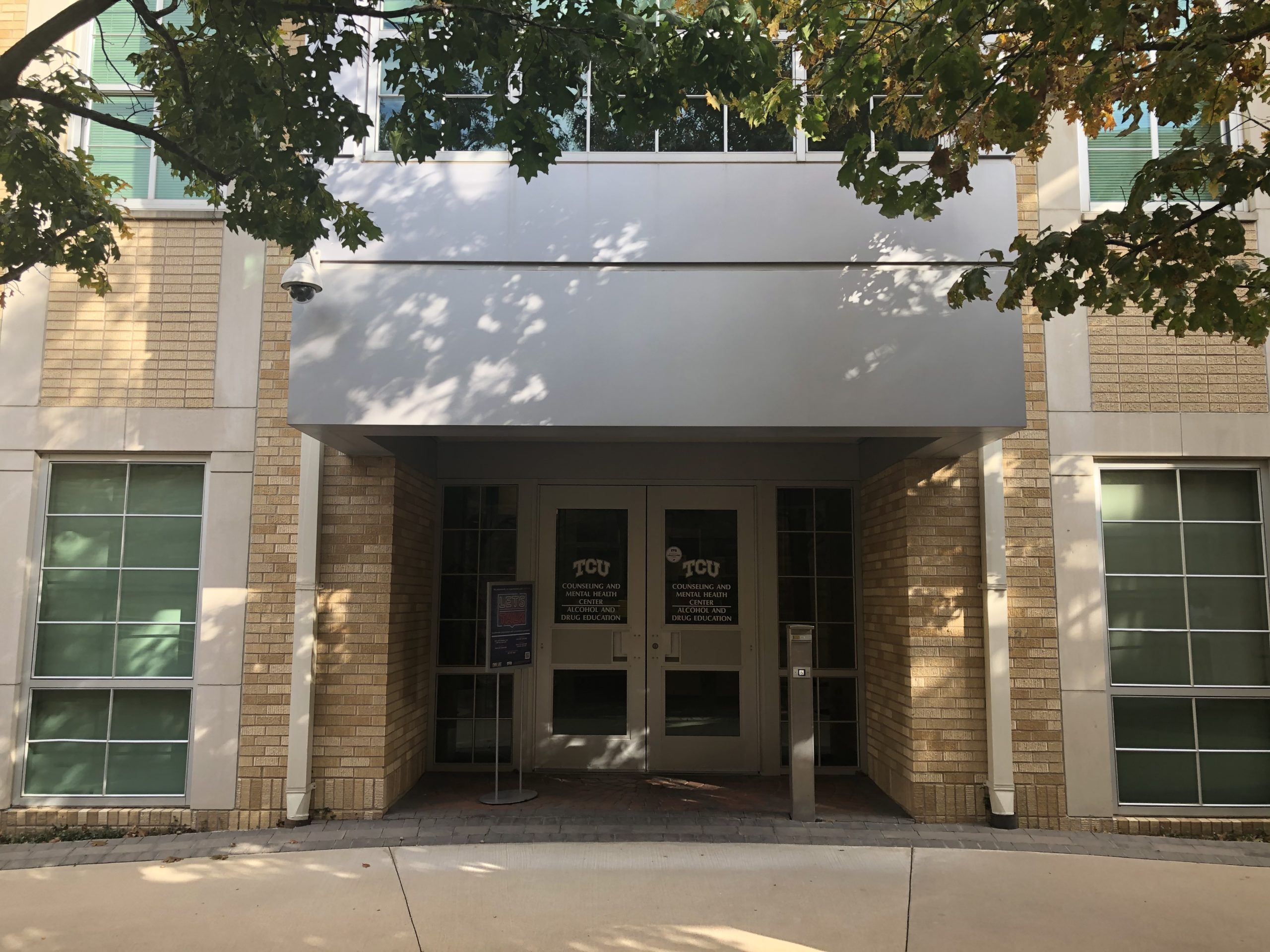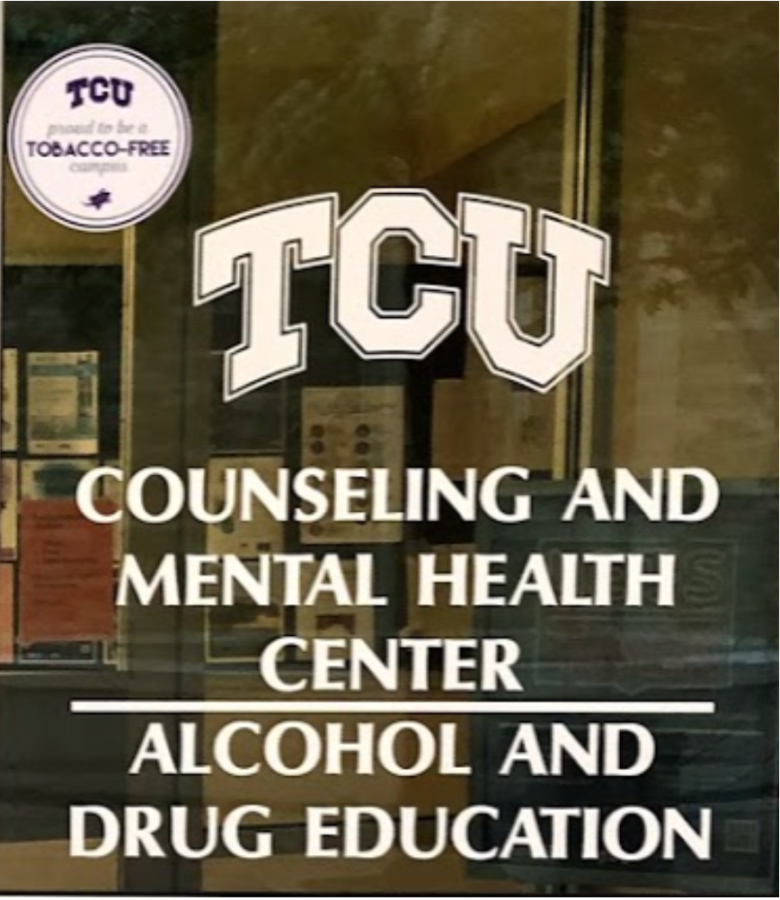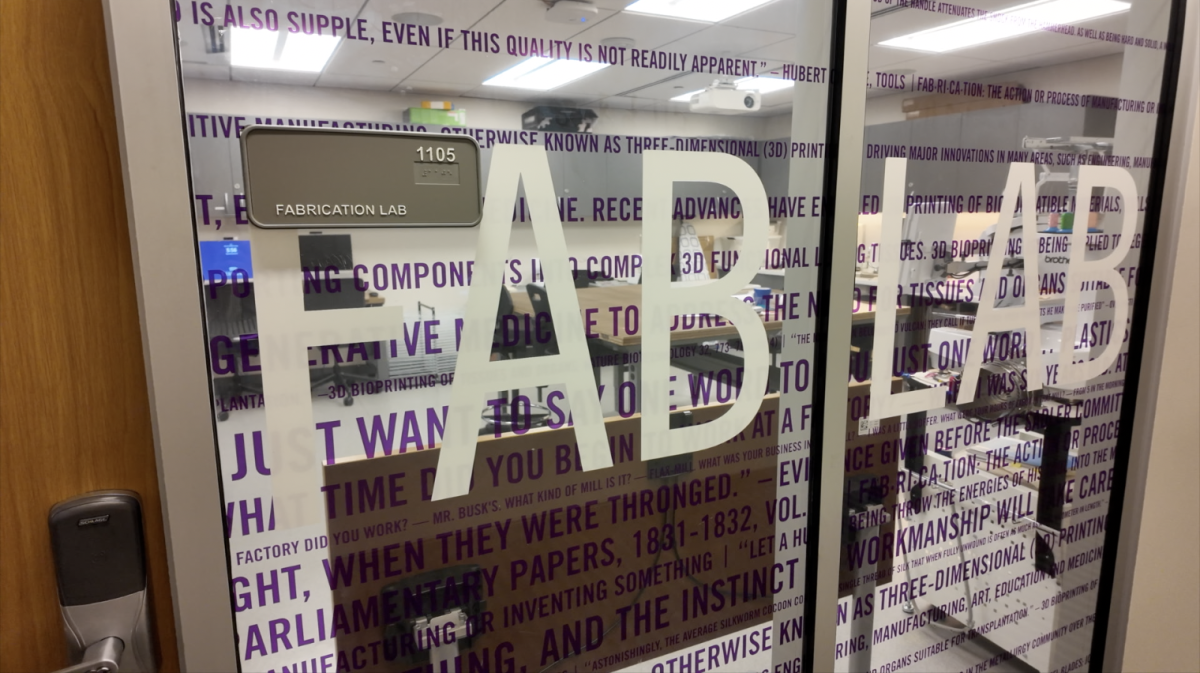TCU’s mental health center is looking to rethink the traditional model of college mental health through the implementation of new programs and initiatives.
The counseling and mental health center received a three-year, $300,000 grant from the Department of Health & Human Services to create dedicated intake and crisis response teams.
Across the country, 34% of college students received treatment for mental health, according to a recent study from the American Psychiatric Association, highlighting its importance on campus.
The grant provides funding for other campus partners to host prevention programs for specialized populations such as veterans and first-generation students.
The changes to the collegiate recovery programs aspire to help students who deal with depression, anxiety and eating disorders, offering after-care services and support communities for students with an array of different needs, including those who are trauma survivors.
Some of these services include a suicide ideation crisis center, which helps people with suicidal thoughts, and an eating disorder crisis center. Each of these programs aims to create an easier transition back to TCU for students who are hospitalized for suicidal ideation or a suicide attempt, as well as catering to students who need a higher level of care.
Eric Wood, the director of the counseling and mental health center, is in charge of spearheading these initiatives.

“Our hope is that these changes expand our scope of care and focus our mission at providing treatment, recovery and after-care services to students,” Wood said.
Another program that will be implemented is the Comprehensive Care Model — a program that is unique to TCU.
This initiative pairs the Counseling and Mental Health Center with local treatment centers and private donors to offer advanced care programs to students on campus.
Additionally, it includes an intensive outpatient program and behavior therapy programs for students with persistent symptoms.
The removal of session limits will be one of the biggest changes, Wood said.
Previously, a student would be limited to three on-campus visits with a counselor — now, sessions will have no set limit. Instead, they will be goal-directed so that therapists and students can efficiently monitor progress and ultimately determine when counseling can be completed.
Also, the mental health center extended its hours to 8 a.m.-5 p.m. Monday through Friday, with evening services available on Monday through Wednesday from 5 p.m.-8 p.m. by appointment.
“I think it’s great that they have more availability, I really could’ve used that last year, and I know some other dance majors that could have as well,” said Claire Schoellerman, a sophomore double major in ballet and modern dance.

Haley Polk, a senior film, television and digital media student is excited to see how these changes will better TCU’s student body.
“I was a bit frustrated at first with the session limits,” Polk said. “I had my counselor taken away after a few limited sessions, and it was not great. This is going to be very useful for the new students coming in.”
Wood said there has been overall support for the programs and initiatives thus far.
“I have received positive remarks from colleagues at other schools in terms of our new treatment model,” Wood said. “We are still in the adjustment period as we transition our services, but the support and mentality from the university has been amazing.”
The changes made to TCU’s counseling center aim to further cater to the different needs that students may have regarding mental health.
The mental health center is available for both walk-in and scheduled appointments. Students can visit the center’s website and learn more about programs, hours of availability and ways to contact the faculty and staff.










